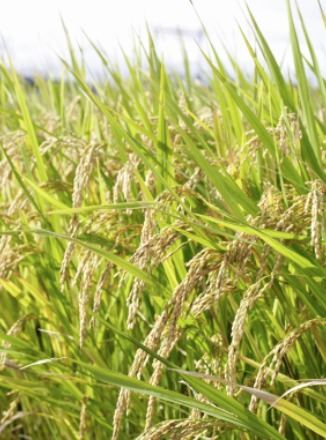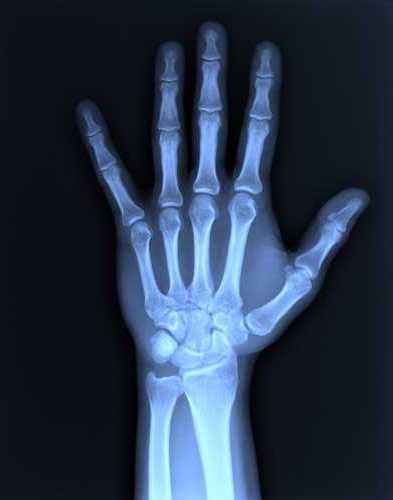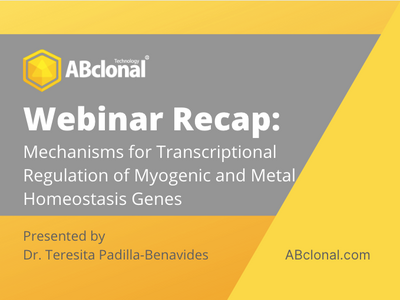We live now in a polarizing environment where many people can't agree on issues that may seem obvious for the greater good, and part of that is likely due to a mistrust of scientists depending on one's education level and political leanings (probably the most diplomatic way I can phrase this). Science has brought us many wonders, from faster transportation, to lifesaving medicines, to the devices you are using to read this right now. Science also works to continue building our knowledge base, and perhaps one of the greatest examples of this is the banning of leaded gasoline, highlighted in an amazing episode of Cosmos hosted by Neil deGrasse Tyson. Because proper regulation is needed to keep both society and science in check, I thought today we would explore how science works with the law to ensure a brighter future for humanity.
May 22 is the annual International Day for Biological Diversity, which seeks to maintain and improve the diversity of plant, animal, and microorganism species across our planet through the protection and maintenance of their native ecosystems. Given the human dependence on biodiversity to sustain us, particularly in our food supply, this is an important issue to raise awareness for and to enact policies and mechanisms to provide food security and prevent famine and disease. With plants being the backbone of nearly every ecosystem and food chain on Earth, many scientists are considering plant biology to address these major global issues, especially as biodiversity continues to be threatened by global climate change and other human interventions.
Computers are ubiquitous in our lives now, particularly the majority of us who have a miniature supercomputer in the palm of our hands. With more efficient and powerful computer technology coupled with the understanding that biology is much more complex than dissecting out the role of a single protein in a signaling pathway, the relatively new field of computational biology and bioinformatics has exploded over the past few decades as researchers needed new tools and strategies to understand biology on a systems level. This has allowed non-traditional professionals to enter bioscience research, from primarily computer scientists to bench scientists who have taught themselves coding and statistics. As the computational component has permeated through nearly all of modern biology, we realize that there is a beneficial coexistence between the experimentalists and the keyboard warriors who make sense of growing datasets.
Every fall, the world comes to attention for the unveiling of the Nobel Prizes, considered the most prestigious awards for achievements in science and the humanities. Per Alfred Nobel’s will, the original five prizes were to be awarded “for the greatest benefit to humankind,” and in 1969, the Economics prize was added to the mix.
Transcriptional Regulation of Myogenic and Metal Homeostasis Genes
On January 12, 2021, we had the privilege of hosting Dr. Teresita Padilla-Benavides, an Assistant Professor of Molecular Biology and Biochemistry at Wesleyan University in Middletown, CT, to present our first webinar of the new year. Her webinar discussed her research on the differential mechanisms for transcriptional regulation of myogenic and metal homeostasis genes. If you missed the live session of the webinar, we’ve got you covered here with a link to a recording of the webinar, as well as a recap below:








